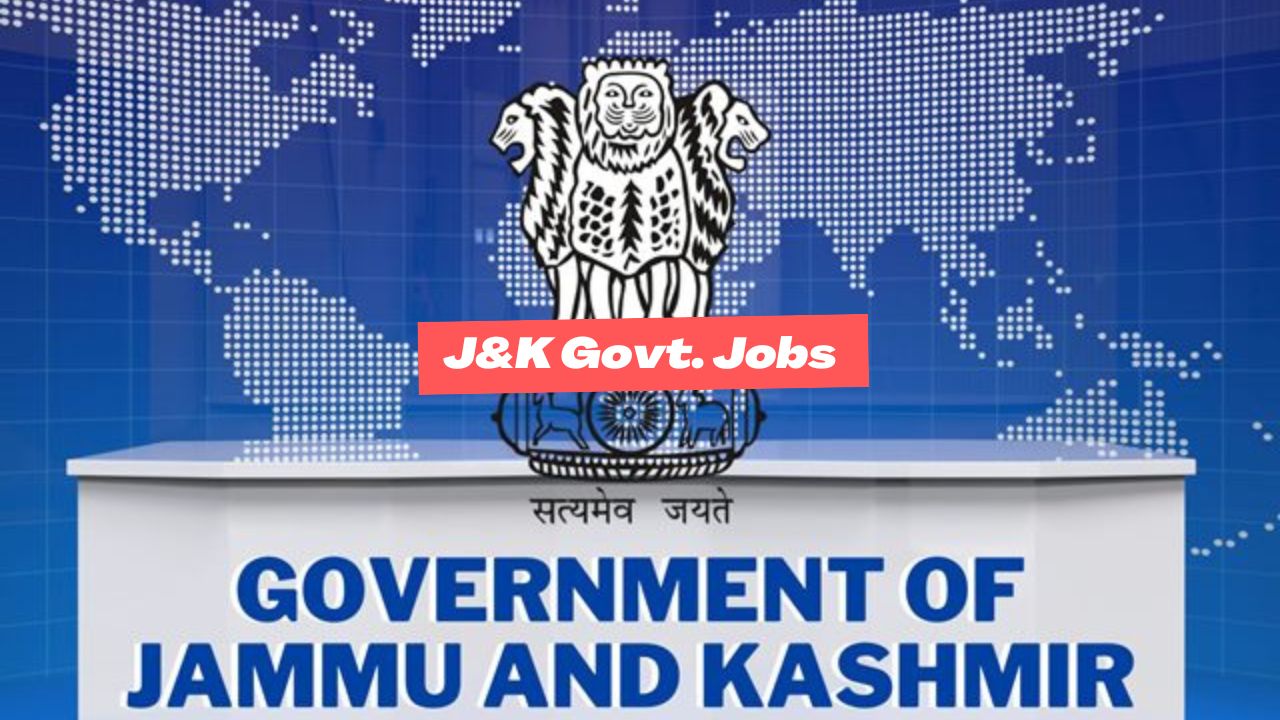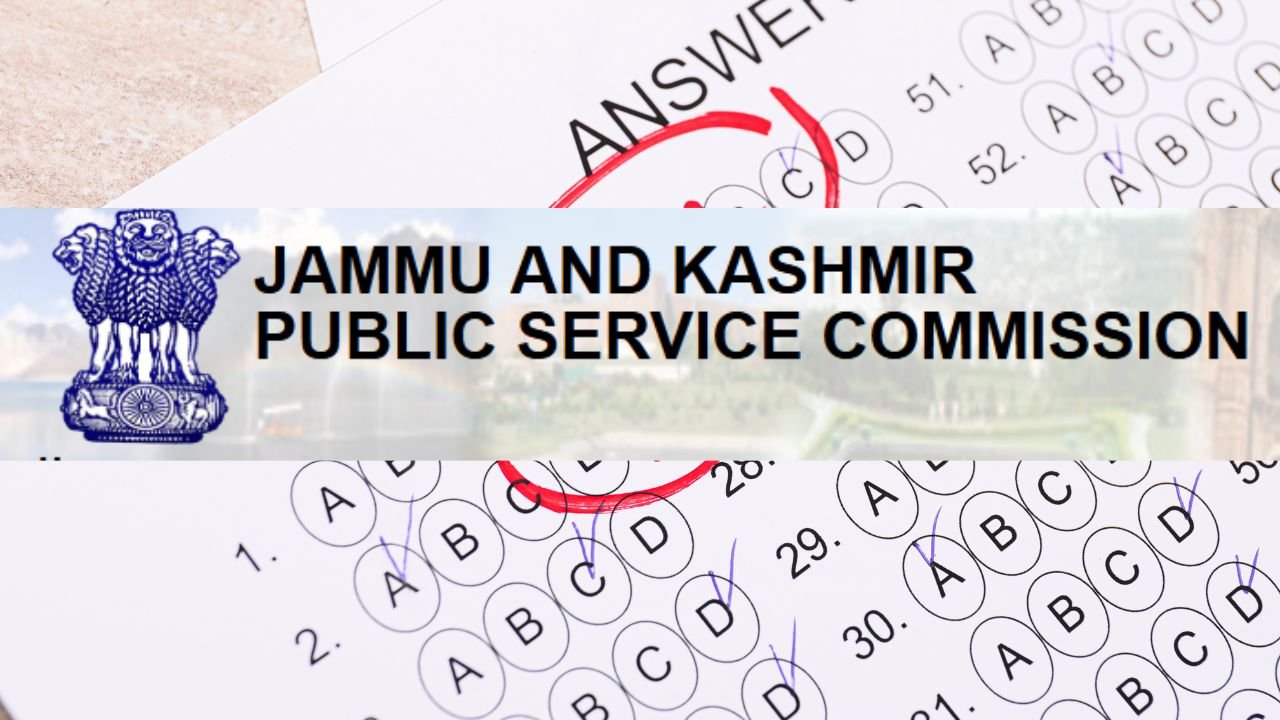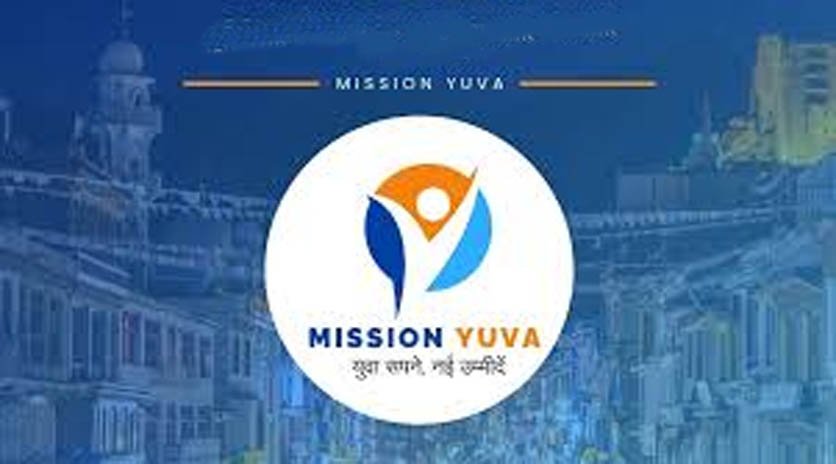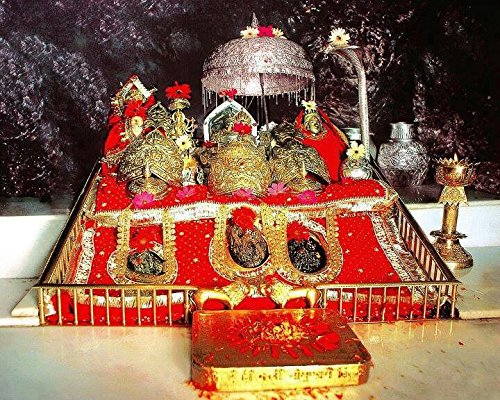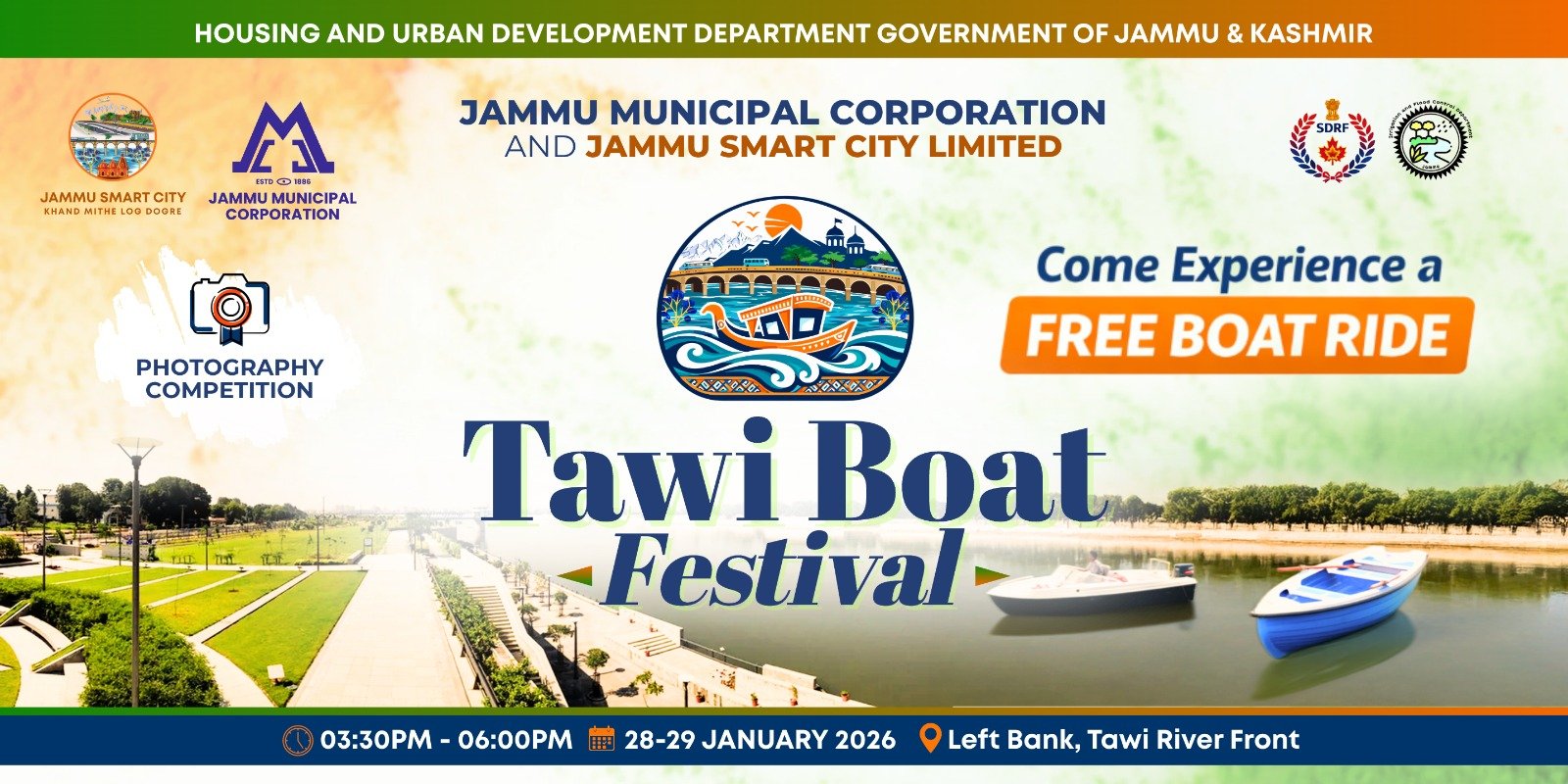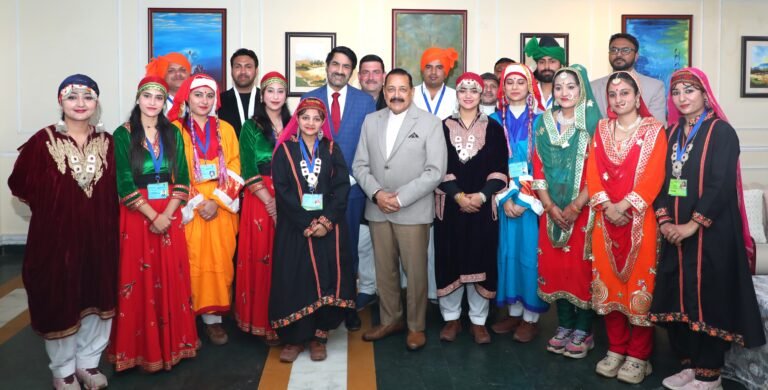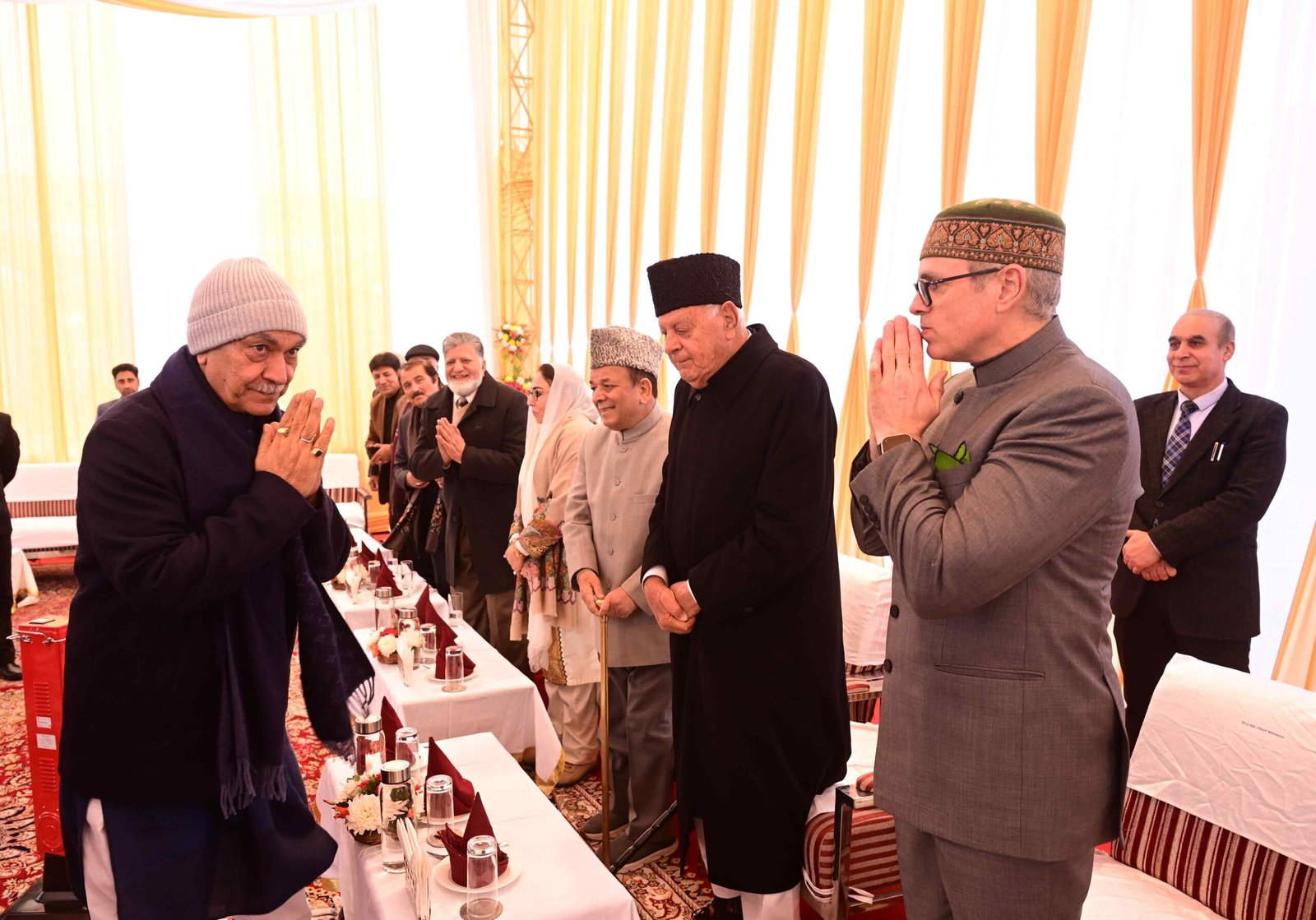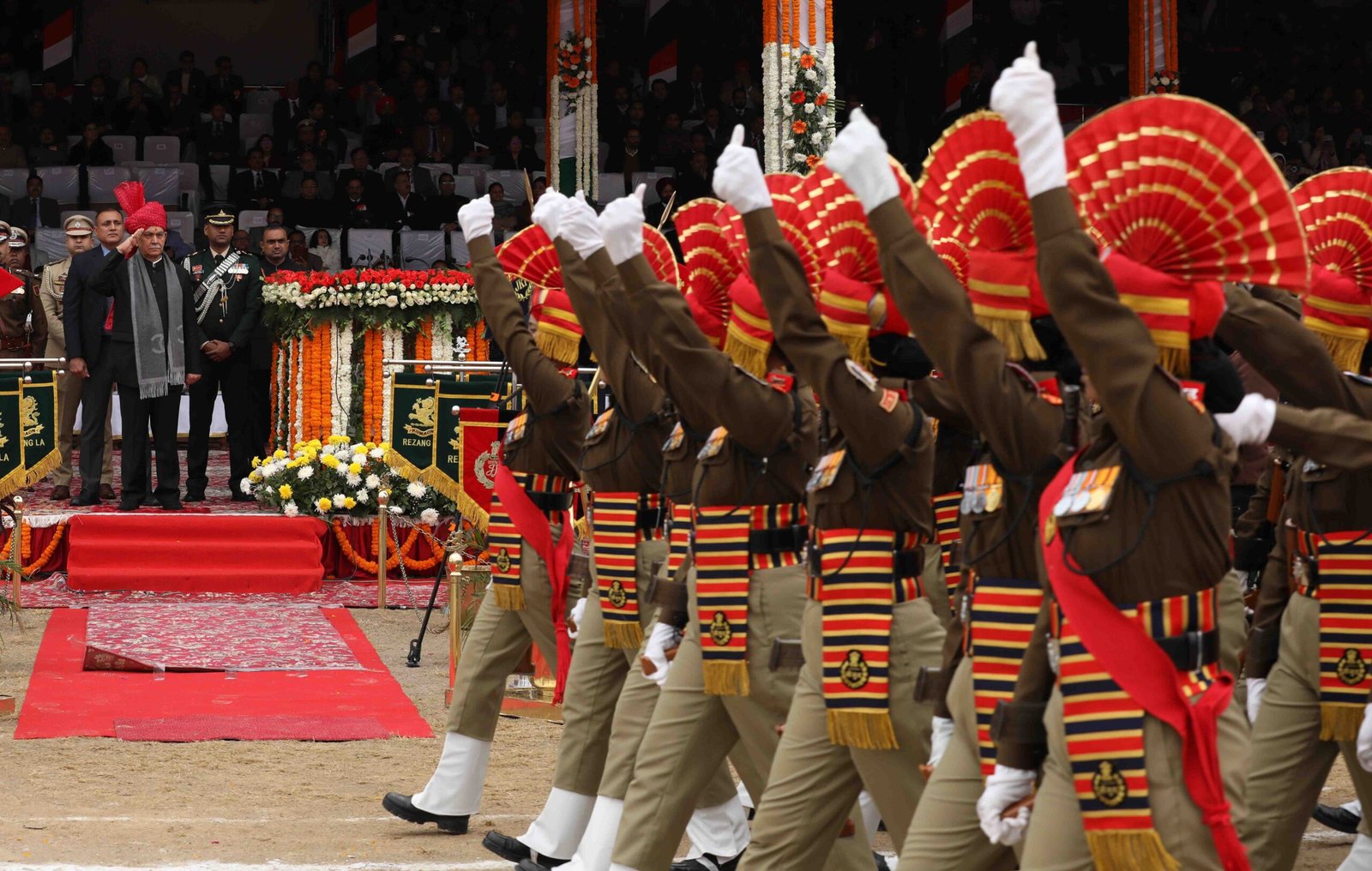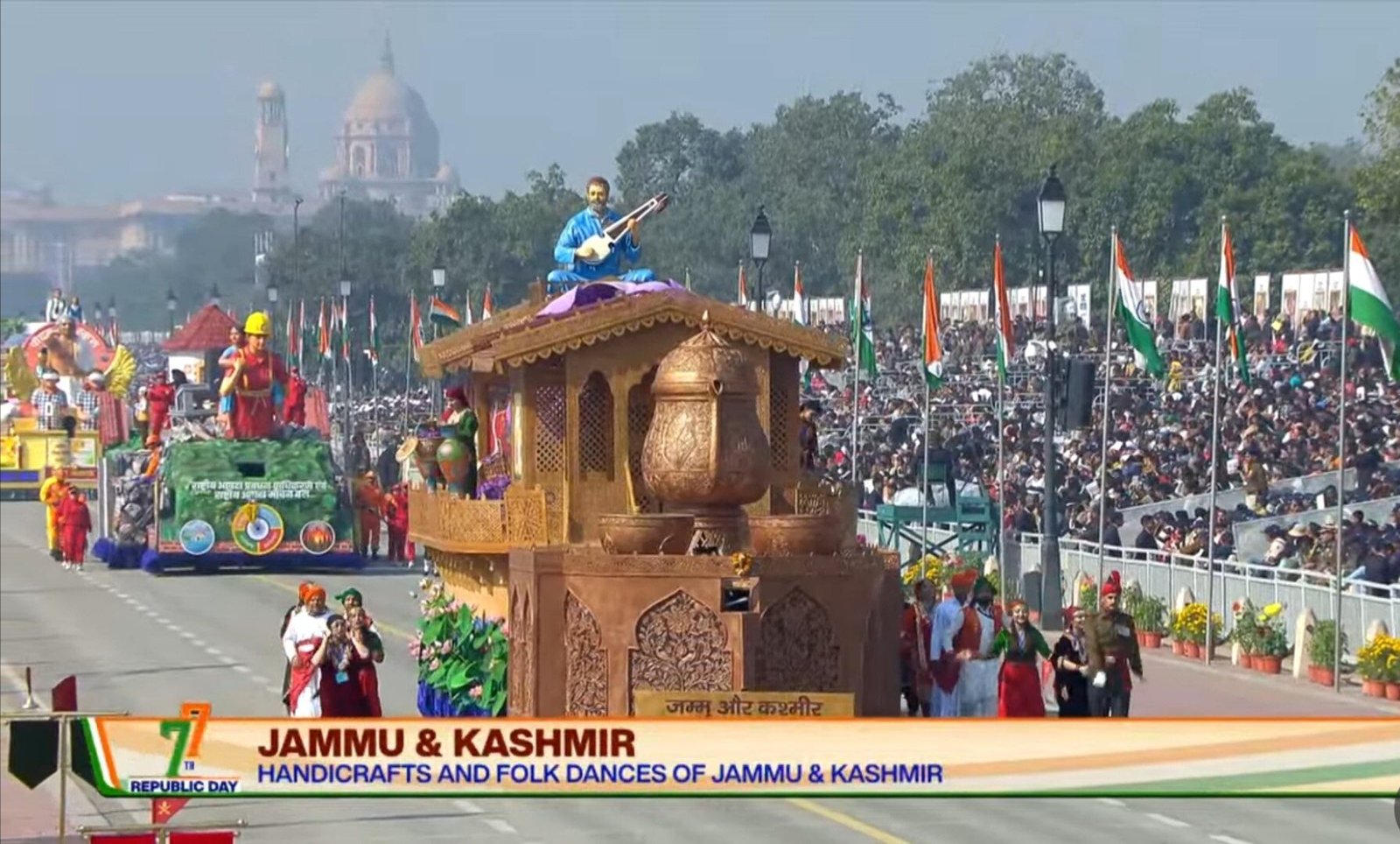The Scheme of Examination for the Jammu and Kashmir Competitive Examination (Prosecution Service), outlining detailed information on the Preliminary Examination, Main Examination, and Personality Test (Interview) and J&K Govt. Prosecution Service Exam Syllabus Download. This structure ensures transparency and helps candidates prepare strategically for one of the J&K Government’s most prestigious competitive exams.
Part A – Preliminary Examination
The Preliminary Examination serves as the first stage of selection. It will consist of two papers of 200 marks each, aimed at shortlisting candidates for the Main Examination.
Key Highlights:
- Both papers will be set in English.
- Each paper will have 100 multiple-choice questions (objective type).
- The duration for each paper is 2 hours.
- Paper I will be based on degree-level syllabus, while Paper II will be a qualifying paper with 33% minimum qualifying marks.
- Candidates must appear in both papers; failure to do so will result in disqualification.
- The syllabus details are provided in Appendix-II (Part A) of the official notification.
This stage tests candidates’ legal aptitude, analytical skills, and understanding of fundamental legal concepts.
Part B – Main Examination
The Main Examination is the second stage and holds the greatest weight in the overall merit ranking. It is designed to evaluate a candidate’s in-depth legal knowledge, writing skills, and analytical reasoning.
Structure of Main Examination:
| Paper | Subject | Marks |
|---|---|---|
| Qualifying Paper | English | 300 (Qualifying Only) |
| Paper I | Legal Drafting & Pleading | 250 |
| Paper II | Constitutional Law | 250 |
| Paper III | Bharatiya Nagarik Suraksha Sanhita, 2023 | 250 |
| Paper IV | Bharatiya Nyaya Sanhita, 2023 | 250 |
| Paper V | Bhartiya Sakshya Adhiniyam, 2023 | 250 |
| Paper VI | Special Laws – I | 250 |
| Paper VII | Special Laws – II | 250 |
| Total Marks (Mains) | 1750 |
Important Notes:
- All papers will be of conventional (essay) type and set in English.
- Each paper carries 3 hours duration.
- English paper (Matriculation level) is qualifying only; marks will not count for ranking.
- Papers I and VII consist of two sections, each with four questions. Candidates must attempt five questions, including at least two from each section.
- Only candidates scoring 33% in the English qualifying paper will have their remaining papers evaluated for merit.
- The Commission reserves the right to fix minimum qualifying marks in any paper.
This stage tests the candidate’s conceptual clarity, articulation, and command over Indian legal systems, including newly introduced legal codes such as the Bharatiya Nyaya Sanhita (BNS) and Bharatiya Sakshya Adhiniyam (BSA).
Part C – Personality Test (Interview)
The Personality Test (Interview) carries 200 marks and aims to assess the candidate’s overall suitability for a judicial career. There are no minimum qualifying marks for this stage.
Key Details:
- The interview panel will consist of Commission Members who review the candidate’s academic and professional record.
- Questions will focus on general awareness, legal aptitude, and current affairs.
- The objective is to evaluate the candidate’s mental caliber, intellectual depth, social awareness, moral integrity, and balanced judgment.
The interview is designed to test not just knowledge, but also personality traits like confidence, clarity of thought, and ethical reasoning — essential for a future judicial officer.
Final Selection Criteria
The final merit list will be prepared based on the aggregate marks obtained in the Main Examination (1750 marks) and the Personality Test (200 marks). The qualifying paper in English will not be counted for ranking purposes.
How to Check the Official Syllabus and Instructions
Candidates can access the detailed syllabus (Appendix-II) and official instructions for candidates with benchmark disabilities through the official website.
✅ Summary:
- Prelims: Two objective papers (200 marks each)
- Mains: Seven papers + English (Qualifying) – 1750 marks total
- Interview: 200 marks
- Total Marks Counted for Merit: 1950
The Jammu and Kashmir Prosecution Service Recruitment Rules, 2020 introduces a balanced and comprehensive structure that rewards analytical ability, legal insight, and ethical judgment. With transparent guidelines and inclusion of new Indian legal codes, this examination sets a benchmark for judicial service recruitment in the region.

